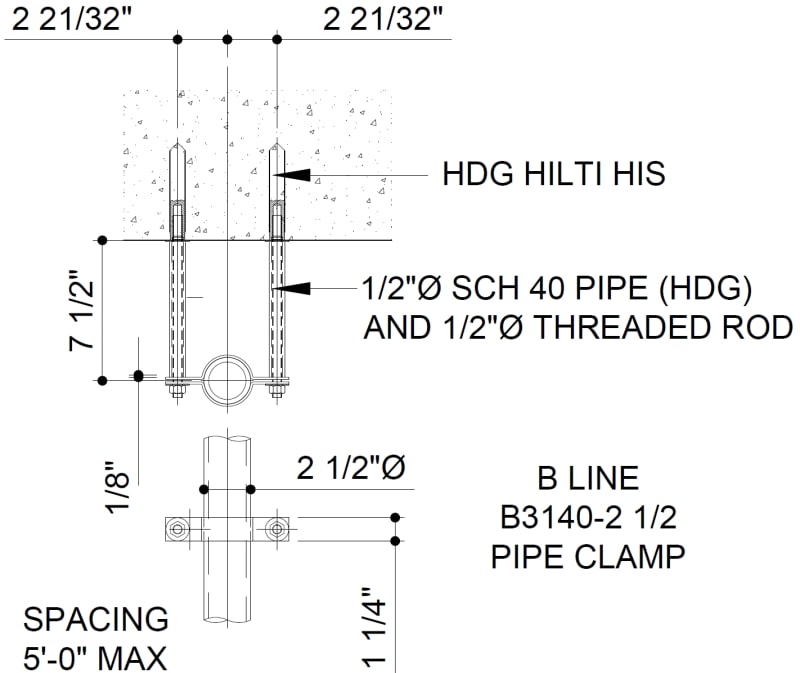I'll not that people often point to testing with various Cl salts on 304L coupons and say that there is a threshold temp for SCC.
However in the real world we don't just have salts we also have various organic Cl compounds (usually chloramines).
These will drive SCC in 300SS at room temperature, hence the issues with swimming pool enclosures.
Had a customer once that processed salt (NaCl, crushed, sized, and packaged) in an enormous building.
For whatever reason the building had a fire suppression system.
They needed to replace the system and didn't want to just use painted steel, and for whatever reason didn't go with FBE steel.
They went with 316L.
It was a dry system so it was under 40psi of air pressure at all times.
It took three years for leaks to form large enough to allow the air pressure to drop.
When 80psi fire water filled the piping they cracked open hundreds of feet of pipe.
Not pretty.
= = = = = = = = = = = = = = = = = = = =
P.E. Metallurgy, consulting work welcomed

